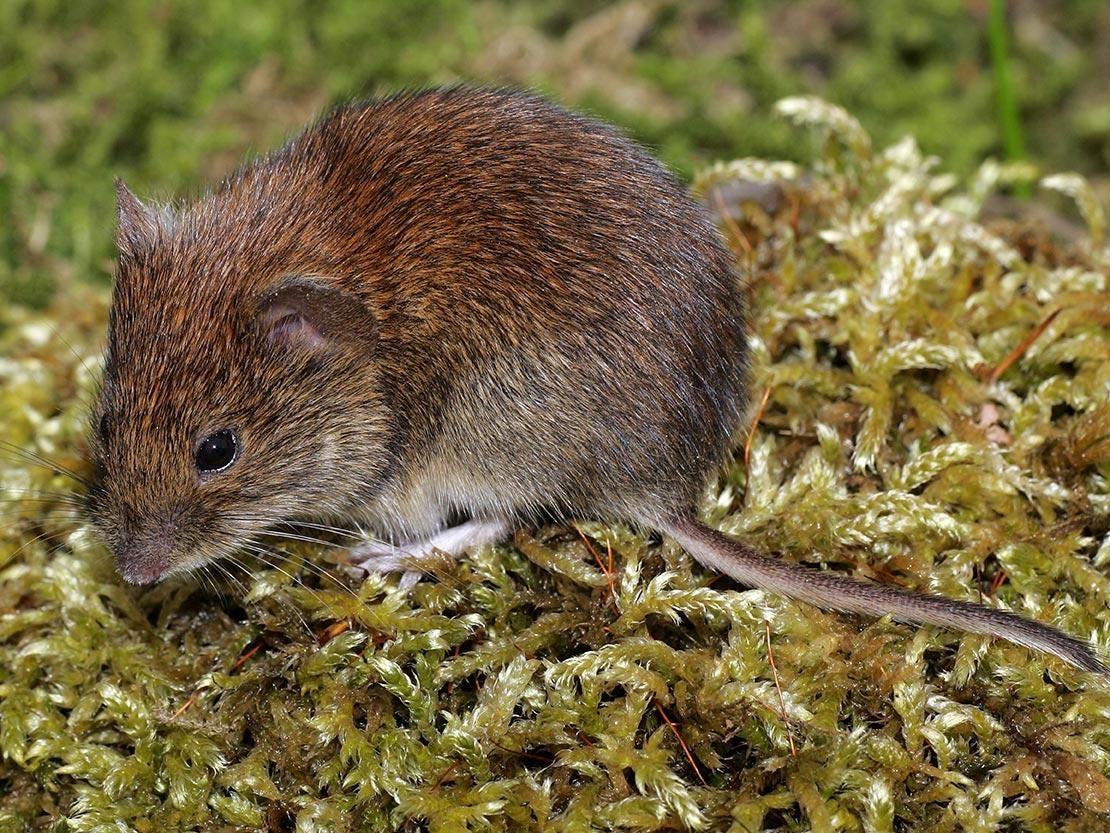
Bank voles that live in the Chernobyl region are developing cataracts as a result of chronic exposure to radiation, a new study has found.
But female voles living around the area where the nuclear accident of 1986 took place are more susceptible to developing the eye condition than males, according to scientists from the University of Jyvaskyla in Finland.
The small study, which coincides with the 30th anniversary of the accident, tested animals in areas of differing levels of radiation around the Chernobyl Exclusion Zone in Ukraine.
The scientists discovered that cataracts was present in the lenses of bank voles which lived in areas where background radiation levels were elevated compared to areas which were relatively clean.
Dr Philipp Lehmann told The Independent that he wanted to establish the effect the aftermath of the Chernobyl nuclear accident had had on wild animals, of which there is still little information.
“Our general findings were that the voles had cataracts and that the cataract frequency increased with age. Exactly like humans… the intensity and degree of cataracts increased with age.”
“But even when controlling for this age effect, we still found [a higher frequency of cataracts] in female voles,” said Dr Lehmann.
Cataracts may also affect the reproductive abilities of the females, as the study showed they tended to have fewer offspring. However, the scientists admitted the exposure to radiation could also have a bearing on this.
“This study… shows that there seems to be a lingering effect of increased background radiation [from the Cesium-137 particles] released from the accident - [it is] still affecting the wildlife in the Chernobyl region. The measurements from different areas in Chernobyl suggest these elevated radiation levels will persist for very long periods of times," said Dr Lehmann.
“It suggests that nuclear accidents, not surprisingly, do affect ecological processes in wildlife for a very long time,” he concluded.
The scientists said more studies were needed in this area to help prepare for possible future nuclear accidents.


.png?w=600)




